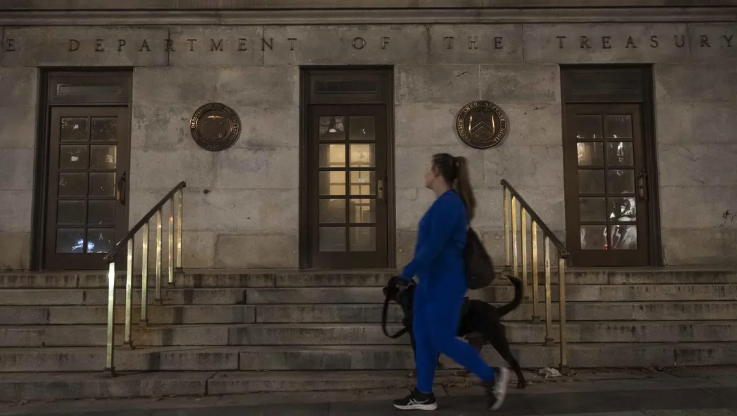Federal Judge Blocks Massive Publisher Merger
On Monday, Penguin Random House’s proposed purchase of rival Simon & Schuster was blocked. US District Court Judge Florence Y. Pan announced that she agreed with the US Dept. of Justice (DOJ) that combining two of the world’s largest publishers would “lessen competition” for “top-selling books."

Facts
- On Monday, Penguin Random House’s proposed purchase of rival Simon & Schuster was blocked. US District Court Judge Florence Y. Pan announced that she agreed with the US Dept. of Justice (DOJ) that combining two of the world’s largest publishers would “lessen competition” for “top-selling books.”
- Pan’s ruling will remain sealed until Friday to protect confidential information and get feedback from both sides of the case on what details should be redacted.
- Assistant DOJ Attorney General Jonathan Kanter celebrated the decision, which he said "protects vital competition for books and is a victory for authors, readers, and the free exchange of ideas.” He added, “The proposed merger would have reduced competition...and ultimately impoverished our democracy."
- Penguin Random House announced it would seek an appeal and called the ruling “an unfortunate setback for readers and authors.”
- The three-week trial exposed numerous inner workings of the publishing industry and the impacts of consolidation. Executives from Penguin Random House and Simon & Schuster testified that the merger would benefit writers because cost savings in some aspects could lead to more corporate spending on books.
- Horror author and signature writer for Simon & Schuster, Stephen King, testified on behalf of the government, and following the decision, he tweeted that he was “delighted” about the outcome.
Sources: CBS, New York Times, and FOX News.
Narratives
- Narrative A, as provided by Fortune. The DOJ has had some setbacks in its attempt to ensure a fair and competitive marketplace across industries, but this is a solid victory. The federal government can only hope it can convince other judges to break with precedent and make decisions that’ll wisely enforce antitrust laws and limit future consolidation attempts by companies. This is a win against rampant mergers and acquisitions that hurt consumers in the end.
- Narrative B, as provided by Bloomberg Law. The DOJ shouldn’t get too carried away celebrating this win. There are still several other cases working their way through the courts, and the government will need to convince business-friendly federal judges. Look for more consolidation attempts as companies continue to view the DOJ as a paper tiger while assessing the benefits of corporate mergers.






